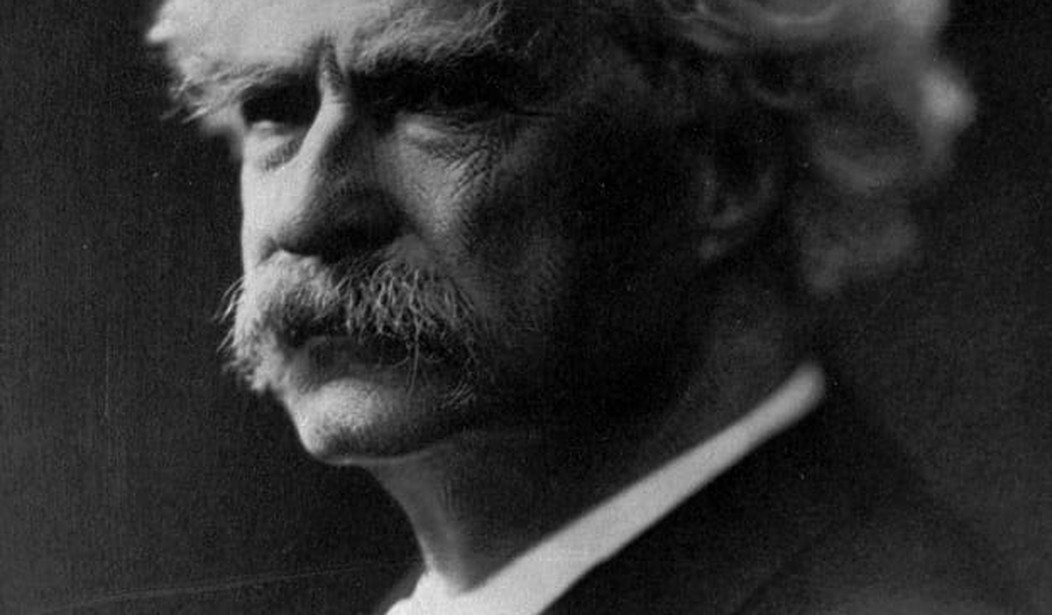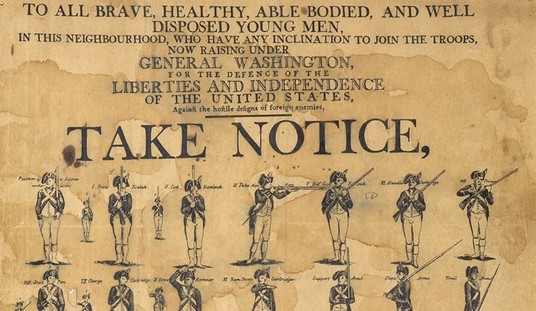A high school guided by Quaker philosophy has removed The Adventures of Huckleberry Finn from its 11th grade curriculum, citing students feeling “uncomfortable” with the book’s portrayal of blacks and the frequent use of the N-word. It is most certainly not the first time the book has come under attack, and Twain’s classic is one of the most frequently banned books in the U.S.
The novel was the No. 5 most frequently challenged book in the country during the 1990s, according to the American Library Association (ALA), and No. 14 in the decade of the 2000s.
“It will always be an issue because it touches on a very sensitive nerve, which is America’s history of racism,” said Antonio Aiello, a Banned Books Week coordinator at PEN American Center, a New York-based literary association.
Hall said the book will remain in the school library. Narrative of the Life of Frederick Douglass will be taught in the 11th-grade courses, potentially alongside a second novel.
In 2011, a publisher reprinted the book without the use of the word, in order to make it more publicly appealing, and the book’s content is a frequent topic of discussion whenever the subject of banning books comes up. The school is private, and therefore this wouldn’t be a First Amendment issue. However, it is worth talking about as a censorship issue.
Mark Twain was very careful in writing his books. He wanted to maintain historical accuracy, which includes using the language and mannerisms of the era in which his books took place. It is a matter of historical record, for better or worse, that what went on in Huckleberry Finn was what happened in our history. It may be an uncomfortable subject, but it is worth exploring.
The problem is, as we’ve seen with the various historical revisionist movements on college campuses, that we are increasingly becoming more tolerant of ignoring problems, rather than addressing them. How much better would we come out if, say, we discussed the time and place of Huckleberry Finn, why there was slavery and racism, and what we have learned since then?
The students who would have been reading this book are in 11th grade – they are 16 and 17 years old, for the most part. If this age is not the appropriate time to learn these things, when is? We are expected to not only learn history, but learn from it. This sets the stage for protecting people from things that might upset them. In Ray Bradbury’s Fahrenheit 451, Guy Montag’s boss, Captain Beatty, talks about this as one of the reasons their society got rid of books. In one part of his speech, he says
Bigger the population, the more minorities. Don’t step on the toes of the dog lovers, the cat lovers, doctors, lawyers, merchants, chiefs, Mormons, Baptists, Unitarians, second-generation Chinese, Swedes, Italians, Germans, Texans, Brooklynites, Irishmen, people from Oregon or Mexico. The people in this book, this play, this TV serial are not meant to represent any actual painters, cartographers, mechanics anywhere. The bigger your market, Montag, the less you handle controversy, remember that!… Authors, full of evil thoughts, lock up your typewriters. They did.
If you don’t like it, lock it away. Don’t talk about it. Don’t discuss it. That’s not the healthy solution. It’s simply more convenient.













Join the conversation as a VIP Member